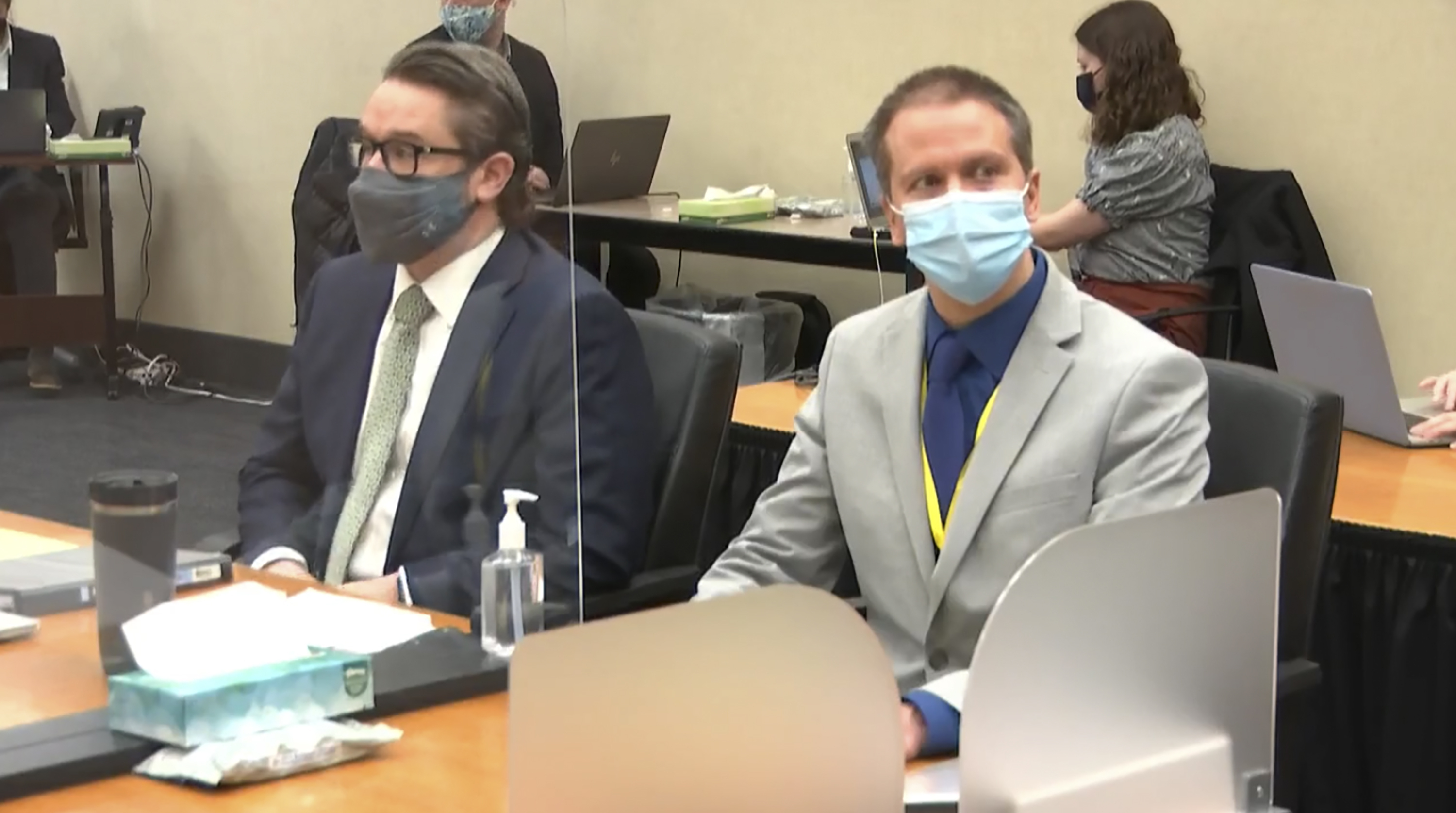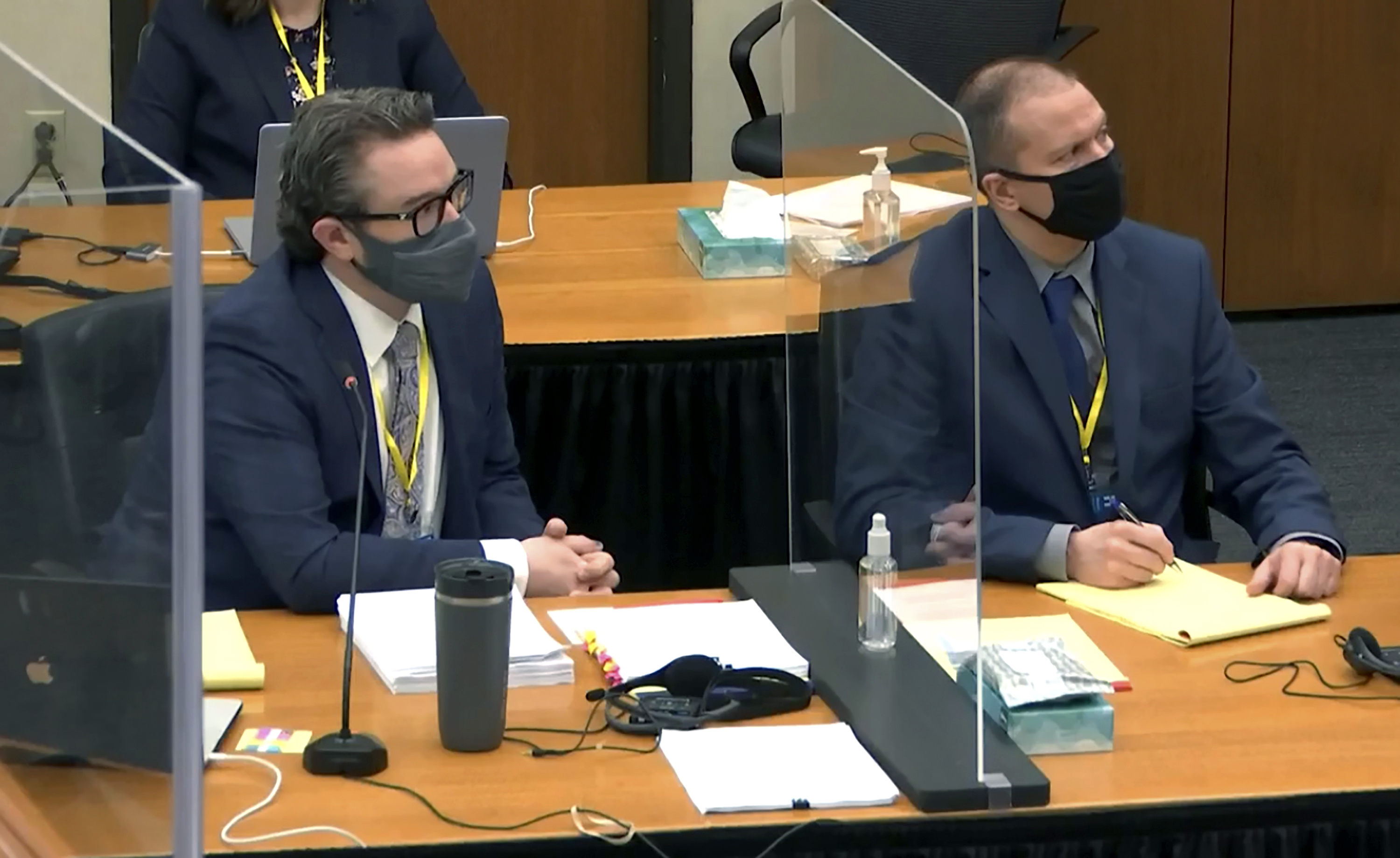Gov. J.B. Pritzker is sending Illinois National Guard troops to Chicago at the city's request in anticipation of an expected verdict in the trial of Derek Chauvin, a former Minneapolis police officer charged in the death of George Floyd.
The state will send 125 members to the city beginning Tuesday to "carry out a limited mission to help manage street closures. The troops will not "interfere with peaceful protestors exercising their First Amendment rights," Pritzker said.
“At the request of Mayor Lightfoot, I am activating members of the Illinois National Guard to support the city in keeping our communities safe,” Pritzker said in a statement. “It is critical that those who wish to peacefully protest against the systemic racism and injustice that holds back too many of our communities continue to be able to do so. Members of the Guard and the Illinois State Police will support the city of Chicago’s efforts to protect the rights of peaceful protestors and keep our families safe.”
Feeling out of the loop? We'll catch you up on the Chicago news you need to know. Sign up for the weekly Chicago Catch-Up newsletter here.
Chicago Mayor Lori Lightfoot said there is currently "no actionable intelligence at this time" but the city wanted to be "fully prepared out of an abundance of caution."
“Our city has a long history of peacefully expressing its First Amendment rights and I encourage residents to exercise their rights to free speech this coming week thoughtfully, respectfully and peacefully," Lightfoot said in a statement.
In a press release, the city's Office of Emergency Management and Communications said that it will "coordinate the operational response to" any incidents related to the Chauvin verdict.
"Infrastructure assets will be strategically placed to ensure the safety of residents, neighborhood commercial corridors and critical businesses," OEMC said in a statement.
In addition to the National Guard troops, Illinois State Police will also offer troopers to the city, Pritzker said.
All soldiers will be tested for COVID-19 before arriving in the city and will also be offered a vaccine, officials said.
"Additionally, soldiers will be outfitted with personal protective equipment, such as face shields and masks, to address the threats of our current COVID environment," the state said in a release.
Soldiers being sent to Chicago "are specially trained in riot control operations," officials said.
Chauvin, 45, is charged with second-degree murder, third-degree murder and second-degree manslaughter in Floyd's death last May, which sparked nationwide protests and unrest in several major cities across the U.S.
Closing arguments were given in his trial Monday and 12 jurors are beginning deliberations.
During closing arguments Monday, prosecutors contended that Chauvin squeezed the life out of Floyd by pinning his knee against Floyd’s neck last May, ignoring bystanders, his own training and common sense.
The defense argued that the now-fired white officer acted reasonably and that the 46-year-old Black man died of an underlying heart condition and illegal drug use.
All three charges against Chauvin require the jury to conclude that his actions were a “substantial causal factor” in Floyd's death and that his use of force was unreasonable.
Second-degree intentional murder carries up to 40 years in prison, third-degree murder 25 years, and second-degree manslaughter 10 years. Sentencing guidelines call for far less time, including 12 1/2 years on either murder count.



